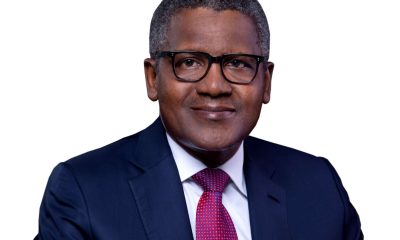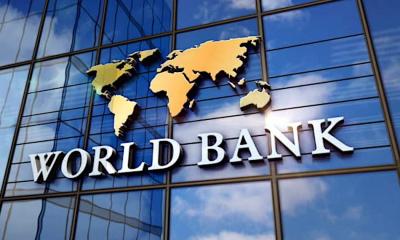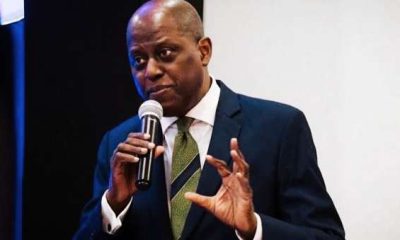Business
World Bank Report: Critics Say FG’s Boast of Economic Progress Rings Hollow Amid Soaring Poverty

The federal government’s attempt to dismiss the World Bank’s latest damning assessment of Nigeria’s poverty crisis has drawn widespread backlash from opposition parties, economists, and civil society organisations, who say official rhetoric contradicts the grim reality confronting millions of citizens.
In its Nigeria Development Update released on Wednesday, the World Bank revealed that about 139 million Nigerians now live in poverty, a staggering rise from 81 million in 2019, underscoring how recent economic reforms have failed to ease the hardship of ordinary citizens.
While the presidency dismissed the report as exaggerated and “unreflective of Nigeria’s progress,” critics insist that the data accurately mirrors the worsening living conditions across the country.
The African Democratic Congress (ADC), in a statement signed by its National Publicity Secretary, Bolaji Abdullahi, described the report as “an undeniable verdict” on President Bola Tinubu’s economic stewardship, urging the administration to face the truth rather than celebrate hollow fiscal gains.
“The World Bank numbers tell a simple but painful story,” the ADC said. “Under the APC and President Tinubu, more Nigerians have fallen into poverty than at any other time in our history. In 2019, four out of ten Nigerians were poor. Today, it is at least six out of ten.”
The party faulted the government’s “creative statistics” that portray economic success while citizens grapple with hunger and deprivation. It said the administration’s focus on revenue generation and meeting fiscal targets has come at the expense of human welfare and inclusive growth.
The ADC also cited the collapse of social protection mechanisms that previously cushioned vulnerable Nigerians. “Coverage has dropped from 20 per cent in 2019 to just six per cent in 2025,” it noted, adding that government support to the poorest citizens now stands at a meagre 0.14 per cent of GDP – far below the global average of 1.5 per cent.
“President Tinubu declared on Independence Day that ‘the worst is over,’” the ADC recalled. “But behind those triumphant words are the grim realities of hunger, malnutrition, and despair. Families are skipping meals, children are dropping out of school, and people are selling their belongings just to afford food and basic medicine.”
The party urged the government to “stop celebrating revenue figures as achievements” and instead “prioritise food security, job creation, and genuine social safety programmes” that can protect the 139 million Nigerians now trapped in poverty.
Similarly, ActionAid Nigeria described the situation as a “national poverty emergency,” warning that macroeconomic recovery figures have become meaningless in the face of rising inequality and despair.
In a statement issued by its Country Director, Andrew Mamedu, the organisation lamented that despite reported GDP growth of between 3.1 and 3.9 per cent, the average Nigerian has seen no improvement in quality of life.
“Poverty remains pervasive despite GDP recovery,” Mamedu said. “Economic growth without social impact is growth without meaning. The government must ensure that the benefits of recovery reach households, not just revenue charts.”
As inflation continues to climb above 30 per cent, the naira weakens, and unemployment deepens, analysts say the widening disconnect between official optimism and citizens’ realities risks further eroding public trust in government.
“The message from the World Bank is clear,” one economist noted. “You can’t talk your way out of poverty statistics. The numbers, and the suffering behind them, speak for themselves.”








